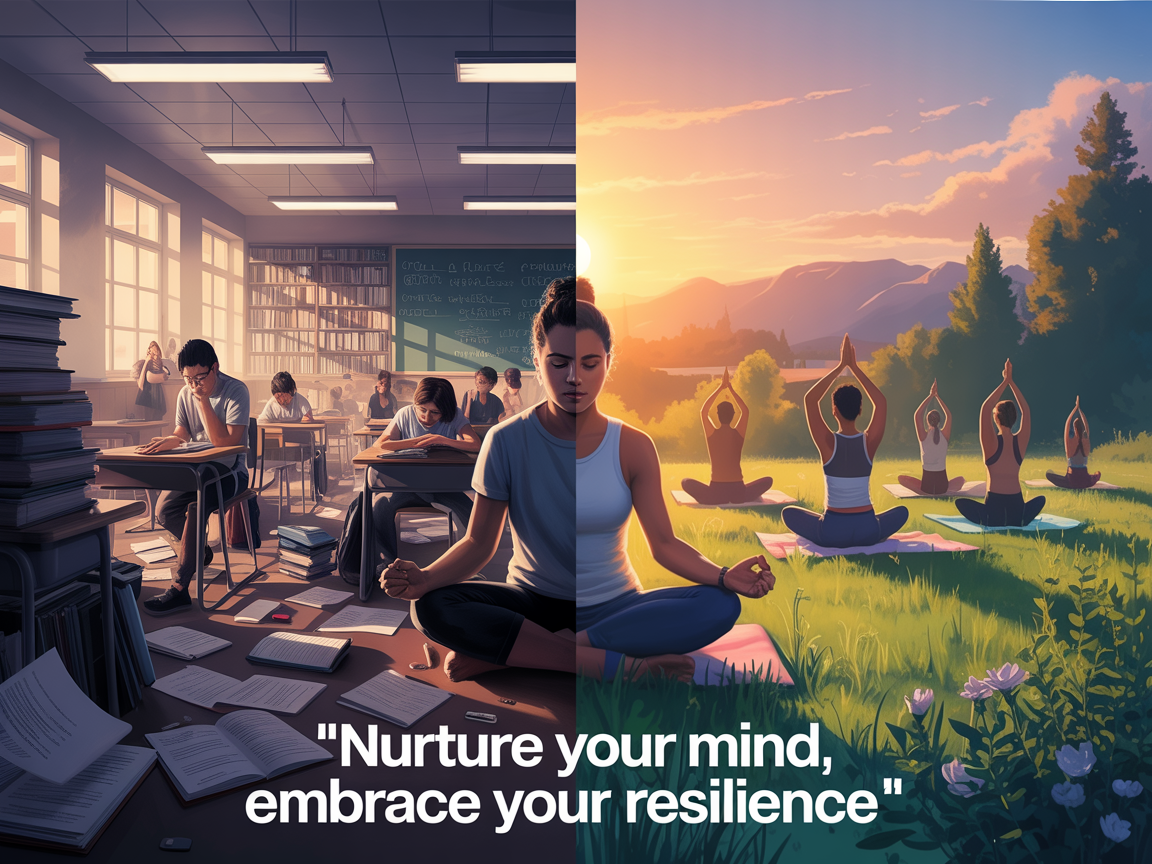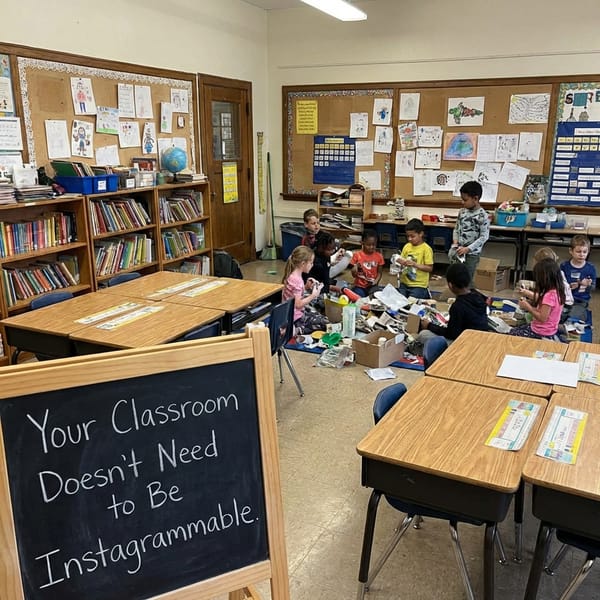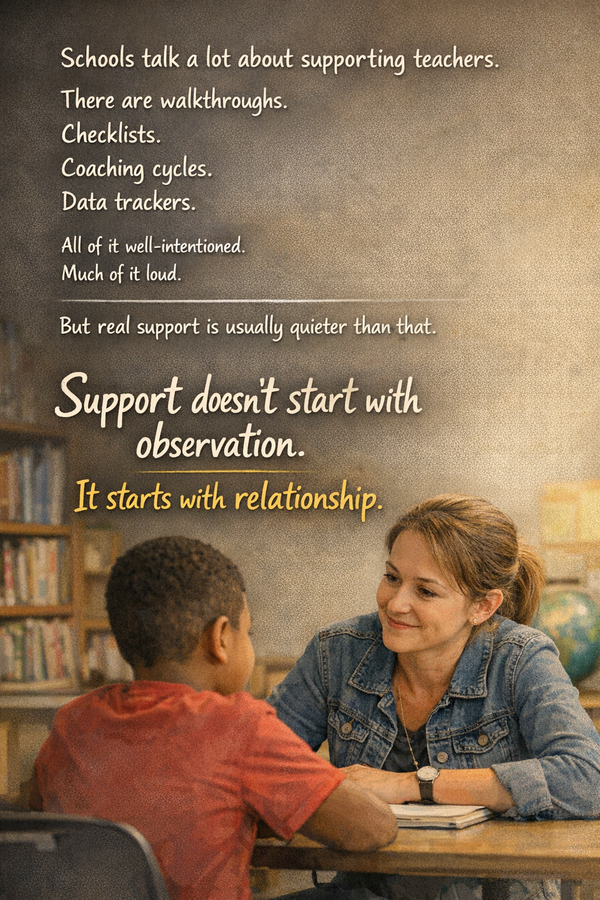Your Health Is Part of the Lesson Plan

Stress can touch every part of your body and your life. It can negatively impact your nervous and endocrine systems, respiratory and cardiovascular systems, digestive and muscular systems, and your immune system—not to mention your relationships and overall mental health.
Truth Bite
Teachers often live in fight-or-flight mode. Unless you actively watch for it and proactively fight it, stress can take over. Wellness and mental health matter, and we want to help you build habits now that will carry you through your career and your life.
Visionary Check
In the previous blog, we discussed the importance of boundaries—both in the classroom with students and outside it with parents and administration. Putting them into practice is the start of better mental and physical health. How you use the time these boundaries create is equally important. Self-care looks different for everyone; now is the time to figure out what works best for you.
Some people run. I have a teacher friend who runs before sunrise every morning. She was a single mom of four and has taught for years—and her mental health is great. She’ll tell you it’s because she runs. For some of us, running would add to the stress (that includes me). Some need time with friends; some need quiet—like soaking in a hot bath. And all of us need sleep.
The point is to identify the healthy habits that refresh you most. Dinner with friends, a quiet walk in the backyard, cardio at the gym, cooking, serving at your church—the list goes on. By now, life has probably shown you which habits help and which don’t.
Excessive alcohol, energy drinks, and loads of caffeine aren’t the answer (even if some days you wonder). I’ll admit: I never had a margarita until I taught—but don’t make it a habit. These can add stress to your body. Some people explore nootropics or other supplements; if you do, research carefully and talk with a healthcare professional. But even more important is sleep.
Your body needs sufficient sleep, and as you protect your boundaries, protect your sleep as well. Some people thrive on five hours a night; others need nine. I learned in college that I function better early in the morning, so I got up to study rather than staying up until 2 a.m. and then trying to remember what I did the night before. To get the sleep you need, you may have to let go of the perfectionism that keeps you up. If the student learns, it’s good enough. Your classroom, lesson plans, and school life won’t always be Pinterest-perfect. Accepting that can reduce stress right away. That doesn’t mean you’re lazy or don’t care; it means recognizing that “good enough” really is good enough. Accept that—and go to bed!
One more thing: mentors. Many of you will be assigned a mentor in your first year. If so—great. Use them. Learn classroom-management tips, campus procedures, paperwork processes—the works. These will make your first year easier and less stressful than trying to figure it all out alone. Also pay attention to their work-life balance. If you don’t see a healthy model, look for an additional teacher friend—someone who has joy outside of school, protects weekends, and is thriving as a person and a teacher. Get to know them. Laugh with them. Ask how they turn off “teacher brain” and just be a person. That’s a life skill you want. We need your teacher brain; we just don’t need it running 24/7. Your health and well-being matter as much as your career.

Visionary Extra
Soon, we at VisionaryED will release what we call the Teacher ThriveKit—an app that keeps many important things in one place. We’re proud of it. One feature we’re excited about is the wellness section. You’ll have space to journal and list daily wins (because wins matter), plus self-care tips and ideas. It will include a quick, emoji-style daily check-in so you can track patterns—if you’re hitting the stressed, exhausted, or frustrated emoji several days in a row, you’ll know it’s time to step out of teacher brain and do some self-care.
We value our teachers and want to help you take care of yourselves. Be on the lookout. Until then, eat something nourishing, get some sleep, and—by all means—find a way to laugh every day. Laughter is shown to ease stress and support cardiovascular health. What’s not to love about that?





